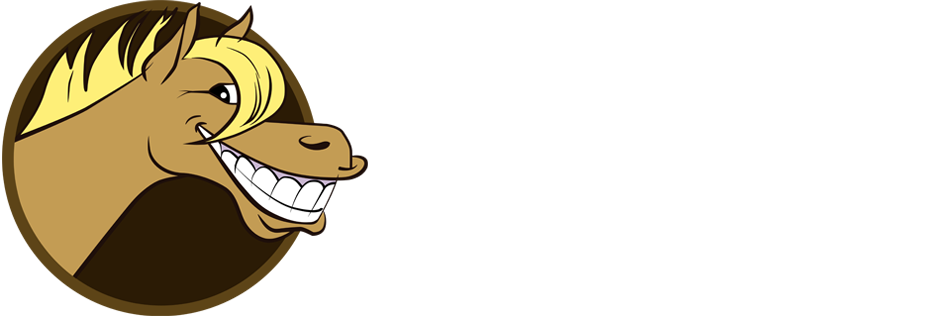Why Are Tooth Extractions Necessary?
There are various reasons why a tooth may need to be removed, including:
- Tooth Decay or Damage: When a tooth is severely damaged or decayed beyond repair.
- Overcrowding: To create room for proper alignment during orthodontic treatments.
- Wisdom Teeth (Third Molars): These teeth often grow in impacted or at odd angles, leading to pain or infection.
- Periodontal (Gum) Disease: Advanced gum disease can weaken the tooth structure, making extraction necessary.
Every patient is unique, and our team works closely with you to determine the best course of action for your specific oral health needs.
Types of Tooth Extractions
At Donna Peterson, DDS, we offer two main types of tooth extractions:
- Simple Extractions: For visible teeth above the gumline, performed under local anesthesia.
- Surgical Extractions: For teeth that are impacted or not easily accessible, such as wisdom teeth, requiring a more advanced approach.
Our modern techniques and use of advanced technology ensure a safe and comfortable procedure.
The Tooth Extraction Process
Here’s what you can expect when you visit us for a tooth extraction:
1. Pre-Operative Care & Consultation
To start, we’ll provide a thorough examination, take X-rays, and discuss your options. We’ll make sure you’re fully informed and prepared.
2. Anesthesia Options
We prioritize your comfort by offering different anesthesia options, including local anesthetics or sedation, depending on the complexity of the procedure.
3. The Procedure
The extraction itself typically takes less than an hour. For surgical extractions, we use precision tools to gently remove the tooth while protecting surrounding tissue.
4. Post-Operative Care
After the extraction, we’ll provide detailed aftercare instructions, including managing discomfort, minimizing swelling, and avoiding complications like dry socket.
Benefits of Timely Tooth Extractions
Prompt tooth extractions can prevent a host of oral health issues. Left untreated, damaged or impacted teeth can lead to infection, overcrowding, or jaw misalignment. By addressing the problem early, you’ll set yourself up for better oral health in the long term.
Recovery Tips and What to Expect
The healing period for a tooth extraction varies by individual, but these general tips will ensure a quicker recovery:
- Rest and avoid strenuous activities for at least 24 hours.
- Stick to soft foods and avoid using straws to prevent dry socket.
- Maintain oral hygiene by gently rinsing with a salt-water solution.
- Take prescribed medications as directed to manage pain or prevent infection.
Recovery usually takes about 7 to 10 days, during which we’ll remain available for any questions or concerns you may have.
Risks and How We Prevent Complications
While tooth extractions are common and generally safe, risks such as infection or prolonged bleeding may arise. At Donna Peterson, DDS, we take every precaution to minimize risks by providing clear instructions, advanced technology, and a flawlessly sterile environment.
Wisdom Teeth Removal
Wisdom teeth are known to cause a host of problems, including pain, swelling, and infection. Removing these third molars can provide relief and prevent future complications. If you’re experiencing discomfort from your wisdom teeth or have been advised to remove them, our expert team is here to help. Our experience in wisdom teeth removal ensures a smooth experience and a quick recovery.
